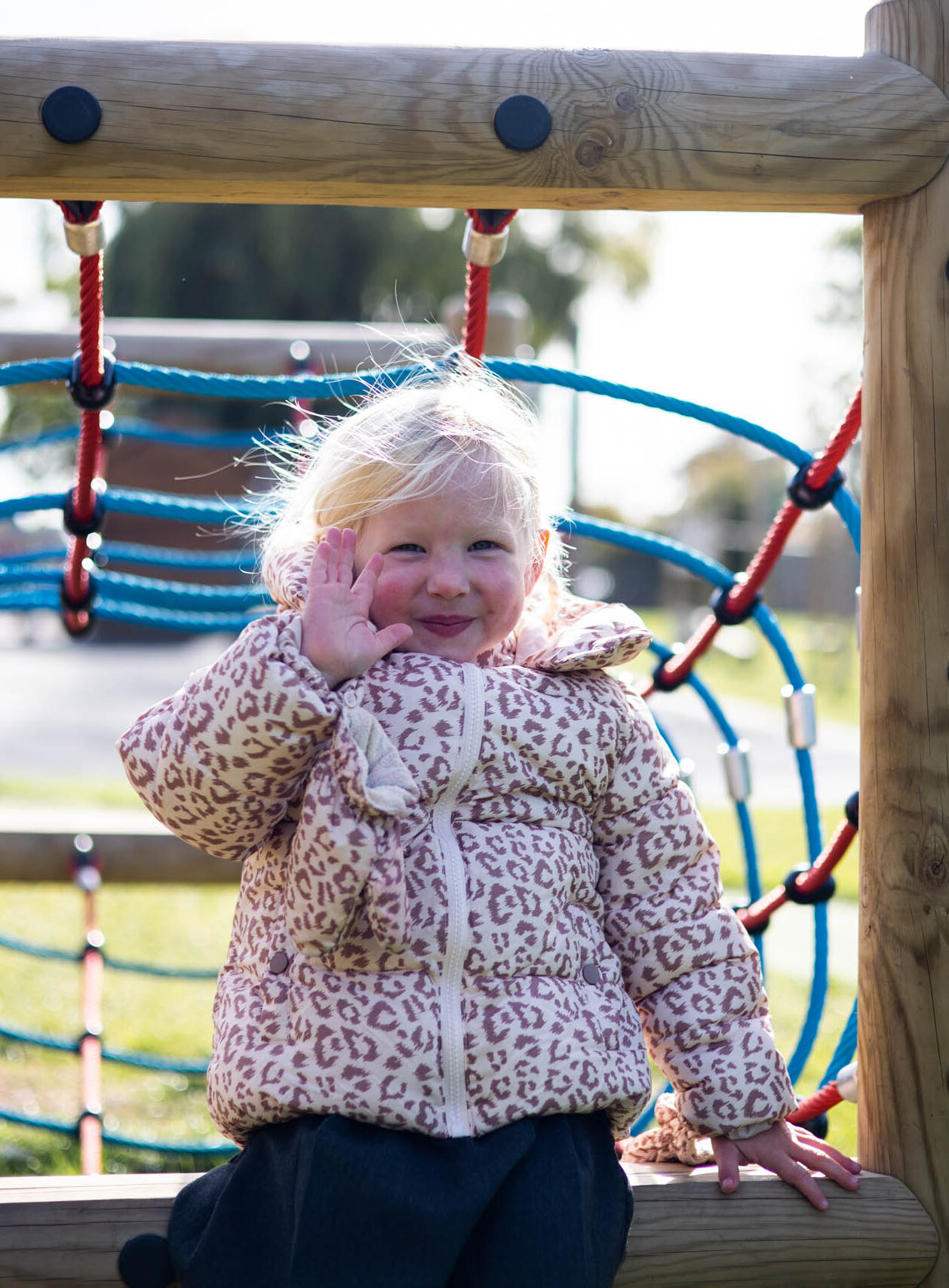At Saint Joseph’s, we take a ‘can do’ attitude to maths and work very hard to ensure that our children access maths at a problem solving and mastery level. We do this by following a concrete, pictorial, abstract approach. Children who find the work difficult during the main class session are given fluid intervention; where possible, this is given on the same day and in the same lesson to ensure they have misconceptions addressed before starting the next lesson. We use the White Rose teaching resources and adapt them as necessary to the needs of the children as set out in our progression documents. Our children have a positive attitude to maths and talk about it with confidence
Progression Multiplication And Division
Progression Ratio And Proportion
Progression – Geometry – Shape
Progression – Geometry – Position – Direction And Movement
Teaching of arithmetic
Arithmetic is taught throughout the school as both discrete lessons and as part of the place value, addition and subtraction, fractions and multiplication and division aspects of our White Rose maths curriculum. We use Times Tables Rock Stars to help the children improve their times tables speed and knowledge and My Mini Maths for other aspects of arithmetic. Older children in school have ten minutes of arithmetic per day that is marked and reviewed with the class teaching assistant as the teacher checks the maths books ready for same day interventions.
Teaching of problem solving
Our maths scheme allows children to have problem solving activities at their level from Early Years onward. We believe that children should be shown maths in real life contexts in order to make it relevant and interesting for the children. We endeavour to teach problem solving in our maths lessons and to teach maths through problem solving. Although we have a specific ‘mastery’ aspect of our lessons, we try to ensure that all of our children have a problem solving and mastery element to the lessons at the level at which they are working.
Teaching of reasoning
The National Curriculum describes reasoning at key stage one and two as the ability to approach maths by ‘following a line of enquiry, conjecturing relationships and generalisations, and developing an argument, justification or proof using mathematical language.’
We give children opportunities to use reasoning in our maths lessons through giving them opportunities to prove or disprove, model, change numbers and find out what happens, look for patterns and giving different ways to solve the same problem.
Curriculum Intent
Our ultimate aim is for children to enjoy maths both in and out of school; that they are able to articulate their maths and that they feel confident in their abilities in academic and daily maths activities.






